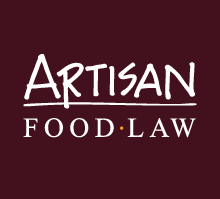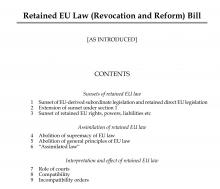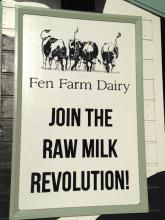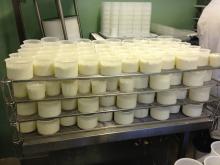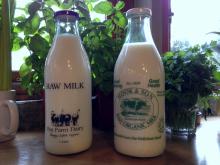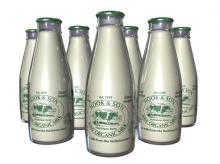The Retained EU Law (Revocation and Reform) Bill currently before Parliament is due to have its report stage and third reading on a date yet to be announced.
The Bill will impose a sunset clause on retained EU law with the effect that it will cease to exist after 31 December 2023. If this is not to happen domestic legislation will need to be put in place, but the scale of this task, there are at least 2,417 pieces of retained EU law, in the time available makes this exceedingly difficult, if not impossible, to achieve.
